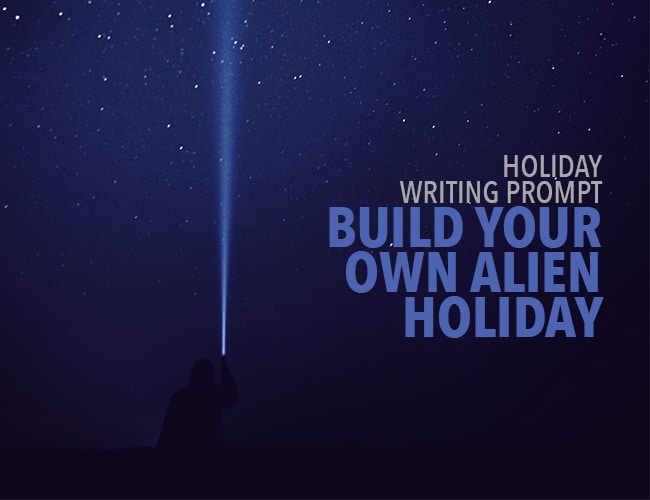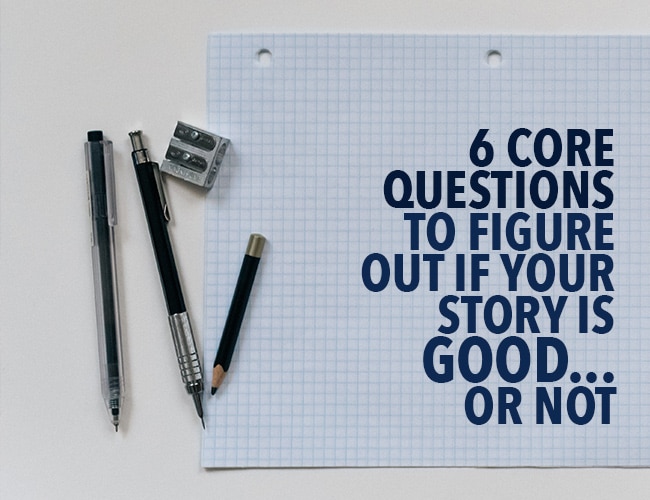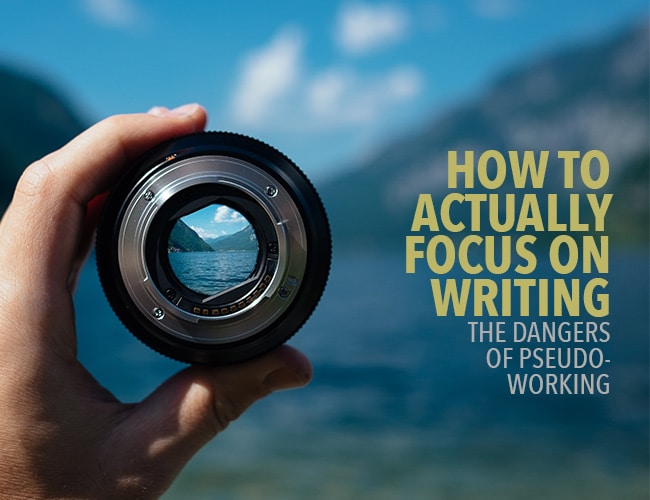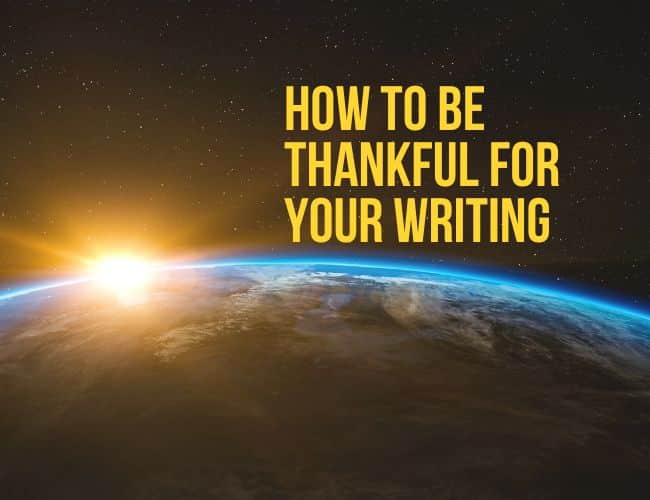If you’re feeling overwhelmed at the number of tasks you want to complete in 2019, never fear. I’ve definitely been there before. When everyone is posting on Facebook or their blogs about what they’re going to do come January 1, it can be easy to feel like you aren’t doing enough or that you don’t even know where to start.
Luckily, I have some prompts to help you decide what writing goals you want to focus on next year.









